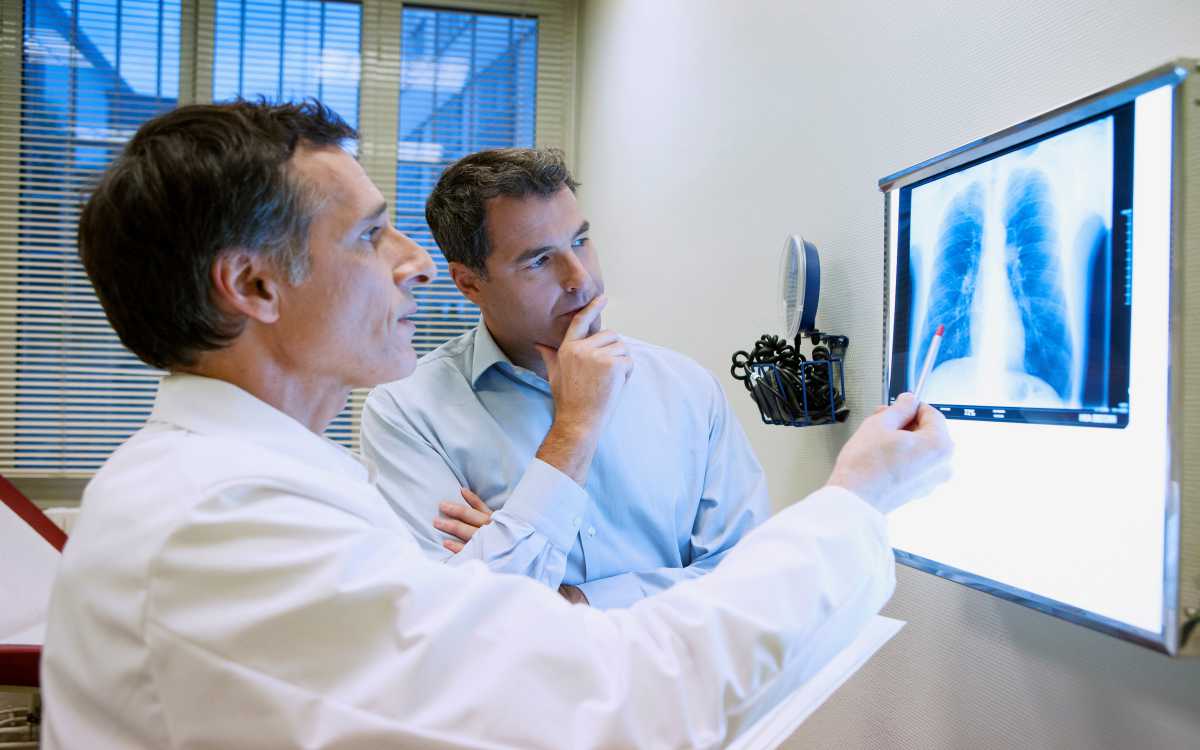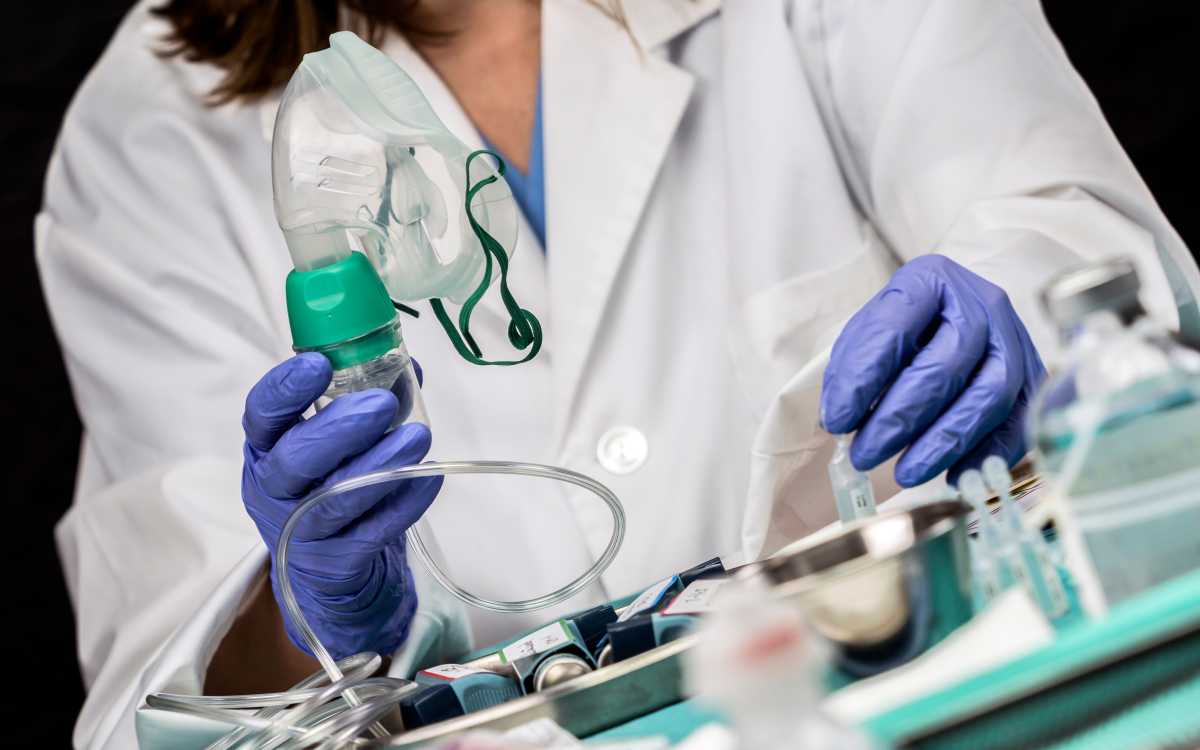With a Bachelor’s degree in Respiratory Therapy, one has chances for progression inside the healthcare industry and opens both clinical and non-clinical employment possibilities. With this degree, you can perform following:
1. Modern Clinical Roles
Working directly with patients in hospitals, outpatient facilities, or home care environment, registered respiratory therapists (RRT) complete advanced respiratory treatments and patient assessments. Focused on enhancing respiratory function and quality of life, pulmonary rehabilitation specialists create and oversee programs for patients with chronic lung disorders. Working in an ICU, critical care respiratory therapists oversee complicated ventilator support and life-sustaining treatments.
2. Supervisor’s and Leader’s Roles
In this capacity, you supervise respiratory care workers, organize department operations, and guarantee quality patient care in hospital respiratory departments. Clinical Supervisor or Manager Directors of respiratory therapy oversee finances, staff hiring and training, adherence to healthcare regulations and standards, and management of the respiratory therapy department.
3. Specialized Areas
Working in newborn or pediatric ICUs, neonatal and pediatric respiratory therapists specialize in treating newborns and children with respiratory problems, therefore offering life-saving treatment. Respiratory therapists can work in sleep labs, performing sleep studies, identifying sleep apnea and other sleep-related breathing issues.
4. Respiratory Therapy Educator
You can teach in technical colleges or universities depending on extra qualifications or experience, therefore preparing the next generation of respiratory therapists. Many hospitals use clinical trainers to introduce new technologies and treatment approaches while simultaneously offering respiratory therapy staff continuous education.
5. Development and Research
Respiratory therapists in this capacity focus on clinical studies and create new therapies or technology to further respiratory care.
Working with medical device businesses, respiratory therapists with experience in product development assist design and enhancement of respiratory care equipment including CPAP machines and ventilators.
6. Consulting Public Health
Promoting respiratory health awareness, creating public health policies, and teaching communities on respiratory wellness define the responsibilities of public health respiratory specialists. Consultants in respiratory care can counsel medical facilities on new technology implementation, regulatory compliance, or enhancement of current respiratory care procedures.
By obtaining a bachelor’s in respiratory therapy, you will get access to several job prospects within the realm of respiratory care. This discipline mostly focuses on providing treatment to those suffering from respiratory or cardiac illnesses. Below are many potential job pathways and possibilities available to persons who hold a bachelor’s degree in respiratory therapy:
Clinical Respiratory Therapist
As a clinical respiratory therapist, your role involves evaluating, treating, and providing treatment for patients who experience breathing difficulties or have chronic respiratory illnesses. This can be done in many healthcare settings such as hospitals, clinics, or other medical facilities.
As part of your responsibilities, you may be engaged in the administration of oxygen treatment, the management of ventilators, the performance of diagnostic tests, and the provision of patient education on respiratory health.
Critical Care Respiratory Therapist
Intensive care Respiratory therapists operate in intensive care units (ICUs) and emergency departments, delivering respiratory treatment to very ill patients, including those on life support or suffering from acute respiratory failure.

Pulmonary Rehabilitation Specialist
By obtaining a bachelor’s degree in respiratory therapy, you have the opportunity to focus on pulmonary rehabilitation. This specialization involves assisting individuals with chronic respiratory illnesses like COPD or asthma in enhancing their lung function and general quality of life via activities such as exercise, education, and managing their lifestyle.
Diagnostic Testing Specialist
You might specialize on performing and analyzing diagnostic tests such as pulmonary function tests, arterial blood gas analysis, and sleep studies to aid in the diagnosis and treatment of respiratory problems.
Disease Management Educator
Respiratory therapists who hold a bachelor’s degree may serve as educators, offering assistance and instruction to patients and their families on the management of respiratory disorders and the adherence to treatment programs.
Research and Quality Improvement
Obtaining a bachelor’s degree in respiratory therapy might potentially open doors to careers in research or quality improvement projects focused on respiratory care. These roles involve advancing the field by implementing evidence-based procedures and enhancing patient outcomes.
